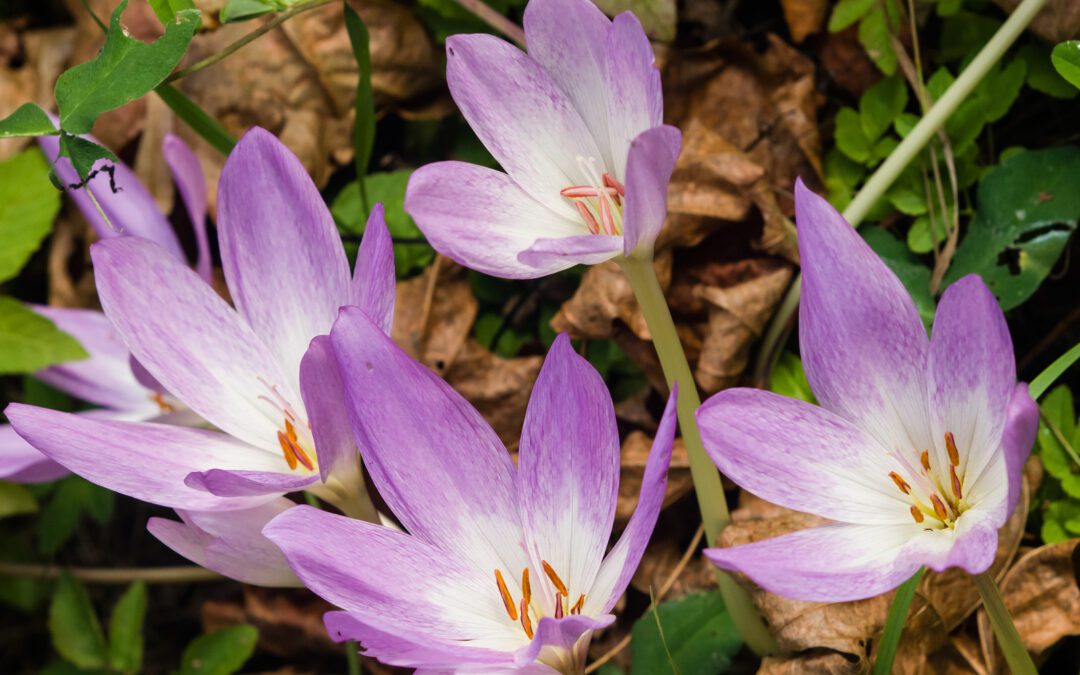At long last. It’s time to take a deep breath because the physical work, and often frenetic pace of the growing season is winding down. Not having a million things to accomplish in the garden may find some folks feeling a bit bereft, but most of us are pretty happy for the break. At the Garden Center, we’re clearancing trees, shrubs and perennials while stocking up on holiday decor. We have mixed emotions about the end of the outdoor gardening season. What about you?
Lots of gardeners put their houseplants outside for the summer. They grow like crazy and are much easier to care for. I’m hoping that you’ve brought them back inside, inspected them for bugs, and arranged them according to light level requirements. With shorter day lengths and the inevitable cloudy days of late fall and early winter, your plants won’t be using as much water. Be sure to check the soil before watering. Always water thoroughly, but then let the soil dry before watering again. A moisture meter can be a good investment if you are an over-waterer. Cut back on fertilizer too, especially for foliage plants. Don’t be alarmed if some leaves begin to yellow and fall off the plants. In fact, you should expect some leaf loss as your plants re-adjust to indoor living.
For winter bloomers like orchids, cyclamen and Christmas cacti, now is the time to be using a bloom boosting fertilizer. Orchids especially, are often grown in a bark mixture, which doesn’t retain nutrients very well, so start following a regular feeding schedule. We like water, water, fertilize. You’ll reap the benefits in January and February when flower spikes appear like magic. And make sure to place your Christmas Cacti in a room that is not lit at night. Flowering is triggered by day length, making darkness at night just as important as sun during the day.
Keep checking for insect pests. Observation is the key to catching problems early when they are still treatable. Bond with your plants, looking at them often and doing weekly inspections. They’ll reward your efforts with less maintenance time. Some people play music for their houseplants, talk to them and even name them. I say do whatever works for you. What happens in the garden, stays in the garden!
Don’t stop raking leaves and removing them from grassy areas. If left on the lawn, large leaves block the sunlight and trap moisture, increasing the risk for disease and winter damage. But you should leave them in your beds. Many beneficial insects overwinter in leaf litter. And it’s probably time to pack up your lawn equipment. Clean the blades on your mower, stash your trowels in a bucket of sand mixed with a bit of motor oil and find a safe place for your pruners.
Your lawn will keep growing until the ground freezes, but the rate of growth slows considerably. And though you may not notice much happening above the ground, underneath is a different story. If you’re wondering whether or not you still can, go ahead and apply a fall fertilizer. This season’s warmer temperatures have benefited garden procrastinators! You have until the end of the month. After that, we are all at the mercy of Mother Nature. And she can be very fickle at these transitory times.

